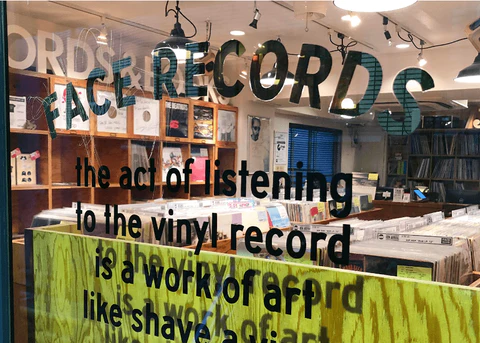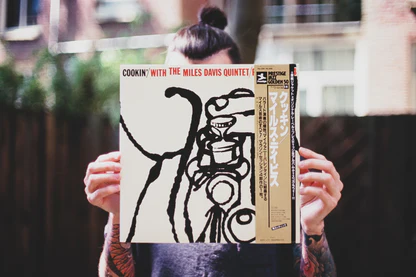Have you ever seen or purchased a Japanese pressed vinyl record? If not, you may be missing out. Japanese pressed vinyl has obtained considerable interest over the years with a number of interesting facts that you may have never heard about. Face Records is an expert when it comes to Japanese pressings. We’re pleased to share with you the wonders of Japanese vinyl records.
Why is Japanese pressing so special?
Vintage Japanese pressings have gained a passionate following from audiophiles around the world. Despite being reissues rather than a 1st press, Japanese pressings are in great demand mainly due to their highly coveted OBI strip and their sound. They’ve earned a reputation for their great conditions. Collectors even try to find the mysterious Red Vinyl, also known as “Everclean” vinyl manufactured by Toshiba in the 1960-70s.
But what exactly is an OBI strip? Why are audiophiles and record collectors obsessed with the sound of Japanese vinyl?
1. The OBI Strip
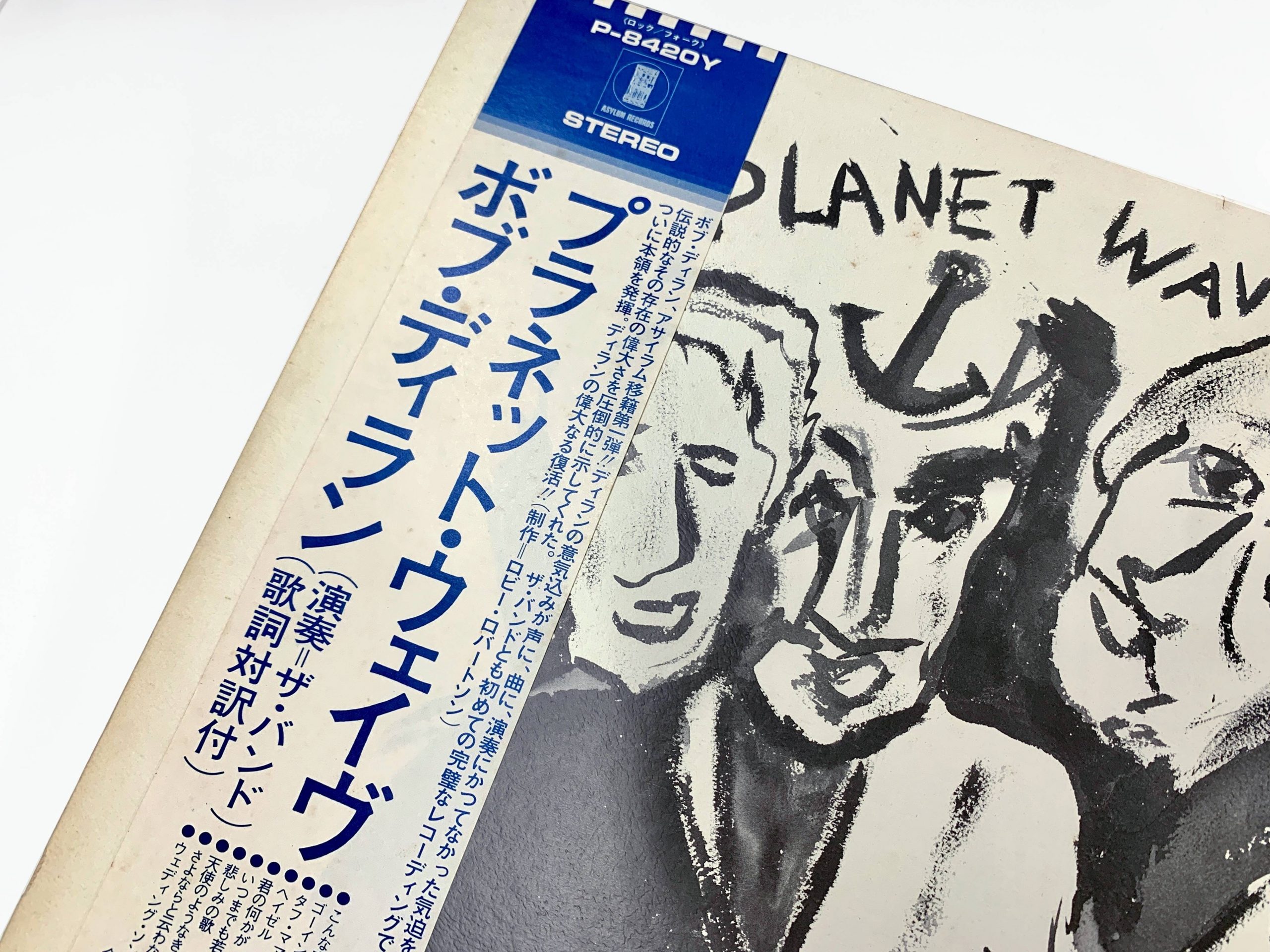
People who are unfamiliar with Japanese culture may have no idea what it is. The majority of vintage Japanese pressings have a unique strip of paper wrapped around the sleeve called OBI (pronounced oh-bee) in Japanese, meaning sash, derived from the belts worn in traditional Japanese clothing.
An OBI is an advertisement for the album, containing information of the particular release with the name of the musician, album title, release date, price, and more. Usually placed on the left side of the record cover, they come in different shapes and sizes. As Japanese labels did not want to change the original album artwork but still inform the Japanese public about the record in their native language, the OBI strip became the perfect solution. The OBI strip is not only used for vinyl records, but for Japanese products such as CDs, DVDs and books.
The OBI Strip has now become a collectors item, being solely present in Japanese pressings. Nowadays, A Japanese pressed vinyl with the OBI intact is much more valuable than the same record without its OBI strip.
Back in the day, Japanese buyers threw their OBI’s away or had little care of its condition, eventually being torn apart from the cover.
2. Better sound quality than original pressings
When record collectors and audiophiles talk about Japanese pressings, they are often acclaimed as the best sounding vinyl in the world. This mainly comes down to their quality control and use of pure virgin vinyl.
Better Quality Control
As stereo audio equipment became mainstream in Japan during the 1960s, record companies cared tremendously about overall sound quality. Japanese pressed records had better quality control compared to Western manufacturers. Japanese vinyl pressing plants tended to press records in smaller batches, meaning better sound quality. The science is that every time a record is stamped, the sound quality is slightly degraded. Japanese labels essentially believed that “less is more”, producing a few hundred pressings that sounded great compared to thousands of pressings that sounded mediocre.
Pure Virgin Vinyl
While western manufacturers tended to use recycled vinyl material, Japanese pressed records were made using pure virgin vinyl. This meant that Japanese records had less surface noise and a more appealing, higher sound quality.
Nowadays, its high fidelity sound is very popular with not only record collectors but audiophiles around the world.
3. The secret of Toshiba’s Red Vinyl
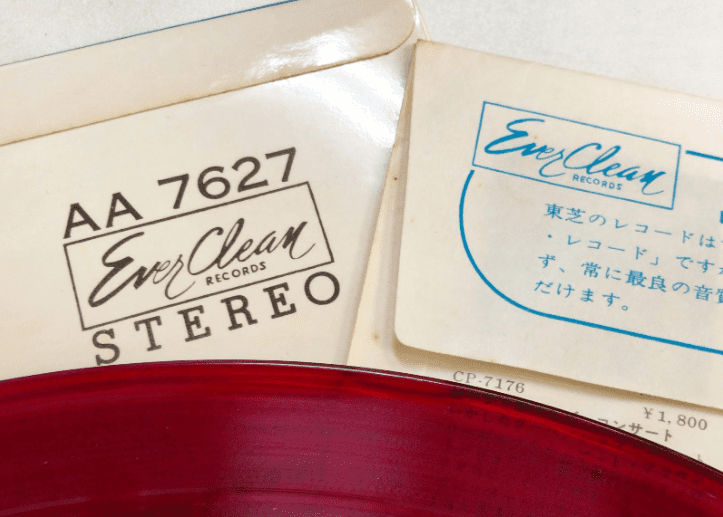
From the 1960s to the early 1970s, Japanese record company Toshiba Musical Industries manufactured wine-red colored vinyl, originally named “Everclean”. Nowadays, referred to simply as Red Vinyl (赤盤: pronounced aka-ban in Japanese). Apart from its beautiful red color, its materials avoid static electricity, meaning fewer clicks and pops, and no collection of dust whilst being played.
When you look for The Beatles’ early Japanese pressings, you will find Red Vinyl and the standard black colored vinyl. As Red Vinyl was manufactured earlier than black vinyl, the Red Vinyl copy would be a Japanese 1st press.
During the 1960s – 70s, Toshiba distributed labels such as Capitol, Liberty, Odeon, Apple, etc. As a result, an abundance of albums, singles from various artists, and music genres were manufactured on Red Vinyl. As they were manufactured nearly over 60 years ago, it’s becoming increasingly rare to find Red Vinyl records in superb condition.
4. Excellent condition
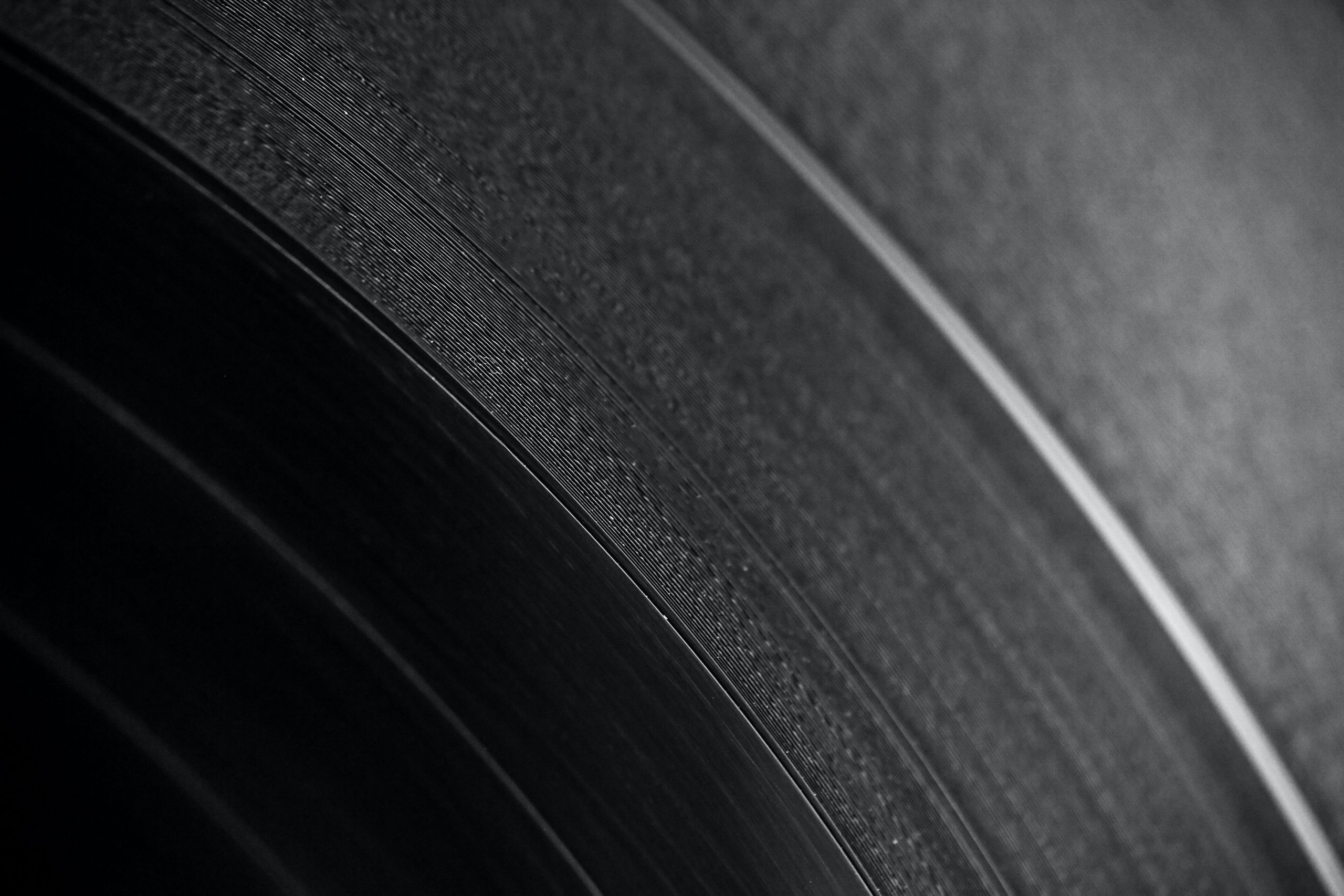
To be quite frank, Japanese people tend to take very good care of their possessions. This rule applies to their records. For decades, Japanese people have handled their records very delicately. Although, the use of plastic sleeves may have helped.
Paper vs Plastic Sleeves
Western labels tend to use paper inner sleeves to cover their records.
Despite paper sleeves being a cheaper option, Japanese labels geared towards using polyethylene plastic inner sleeves to cover records. Its soft plastic offers stronger protection, avoiding leaving any scuffs or marks on the surface of the disc.
Many vintage Japanese vinyl records are still in near mint condition. In fact, it would be quite rare to find a badly damaged Japanese pressed record.
5. In love with rare Japan-Only releases
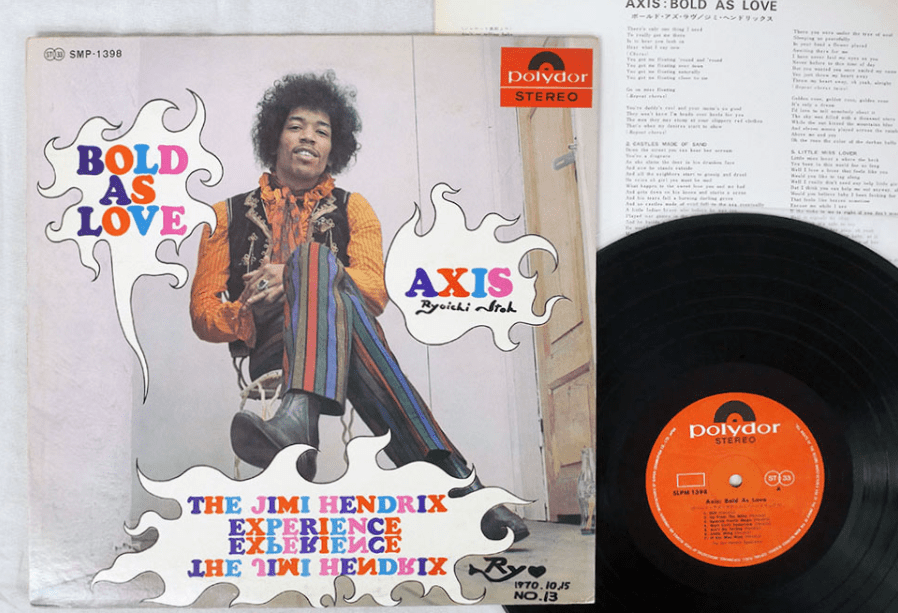
The Beatles, Kiss, Black Sabbath, The Who, Jimi Hendrix. All of these artists and many more have had exclusive Japan-only releases of compilation albums, unissued recording albums with original Japanese artwork.
Just when you thought you collected every single record of your favorite artist, your collection may not be complete after all. Face Records have a catalogue of Japanese pressed vinyl for you to enjoy.
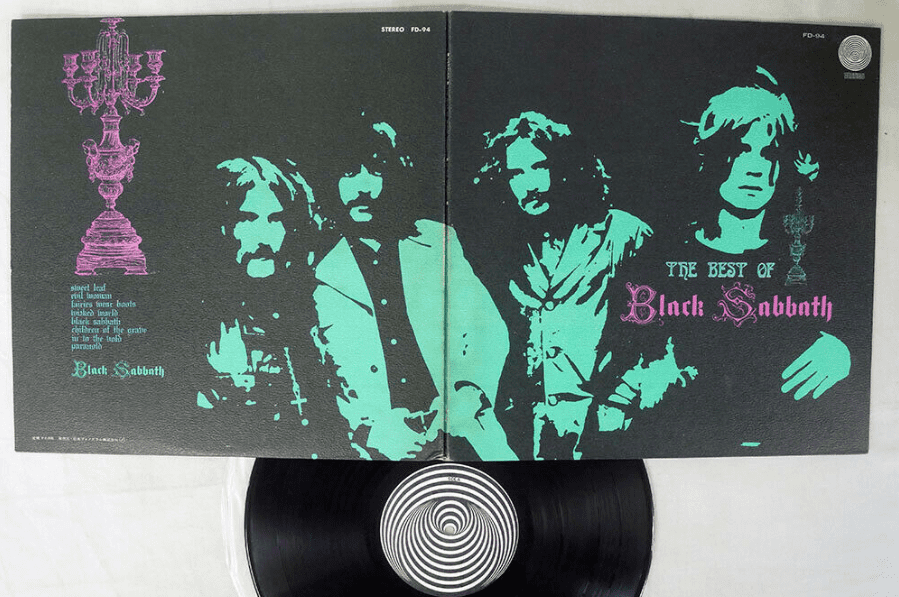
The Japanese vinyl expert: Face Records
About Us:
Face Records was established in Japan, in 1994. We opened our first store in Shibuya, in 1996. We currently operate 6 stores. We are proud to be included in the top 10 of VinylHub’s “The World’s Record Stores The VinylHub Community Most Wants To Visit”.
Our wholesale service consists of a wide range of music genres: Rock, Jazz, Pop, Classical music, Reggae, Latin, Soundtracks, Hip Hop/R&B, Japanese music, and more. We deliver to our loyal customers around the world: North America, Europe, South America, Australia, Asia, and more. The infamous OBI strip, great sound quality, rare Red Vinyl, and Japan-only releases, they’re all waiting for you.
If you are interested in and looking for a source of Japanese vinyl, please contact Face Records wholesale team here!
